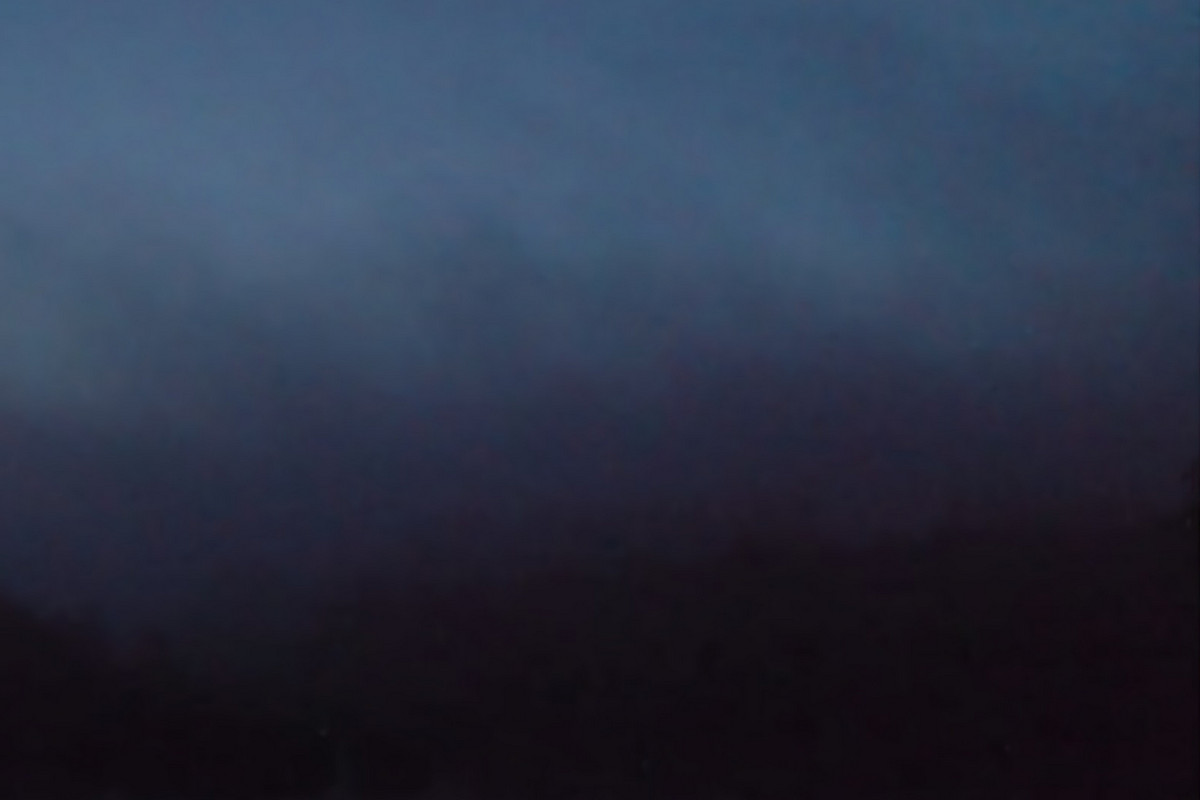
To begin my usual January focus on interesting free music, i’m returning to the ephemeral world of netlabels. Rural Colours appeared in 2010 as a tangential off-shoot from parent label Hibernate, which had begun the previous year. What distinguished them both from other netlabels was the fact that their releases were not purely digital but also made available in limited edition runs of CDs. Another distinguishing feature is their relative longevity, with both labels continuing until 2020. One of Rural Colours’ most compelling releases was Sieleslyk, a 2011 collaboration between clarinettist Gareth Davis and brothers Jan and Romke Kleefstra. The title translates as “soul slime”, and it’s a classic example of what i’ve referred to previously as a steady state.
The 22-minute piece essentially comprises just a few elements, each of which persists in a behaviourally static manner throughout. The most basic is an underlying drone, a deep D natural, the clarity of which continually varies, partly due to what goes on above it, but also due to its own subtle movements, periodically adjusting and causing brief swells or ripples that make it gently throb. The drone also has an interesting timbre, suggesting that it derives at least in part from Davis’ contrabass clarinet, though its exact nature is ambiguous. The second element is Romke Kleefstra’s guitar, not so much a presence as a vaporous apparition, heard together with a continual but sparse array of “effects” – varieties of noise and percussive sounds – that establish more fully the atmosphere. At times there’s the impression of wind, or the innocuous clank of something metallic, alongside more tangible strums of contemplative chords.
Gareth Davis’ contrabass clarinet is the most pervasive element, contributing overtones to the drone from the outset, both consolidating and muddying its fundamental pitch. More significantly, though, Davis’ contributions have a lovely precarious quality, always lyrical but brief, giving the impression of momentary glimpses when an ongoing state of emotionally-charged expression breaks the surface, emerging as small trills, projected tones or cracked harmonics and multiphonics. The final element is Jan Kleefstra’s voice: on four occasions his voice intones a Frisian text that in this already intensely heightened environment has a tone of incantation. Briefly in the foreground, it renders Davis’ clarinet phrases a counterpoint to this now primary action, in the process making everything feel solemnified, even the product of a slow ritual.
With the exception of the drone, heard throughout, the other three elements come and go with absolute freedom though in a way that’s predictable and, in the long term, unchanging. The texture thickens and thins accordingly, the latter leading to a couple of episodes (~6:40 and ~17:50) of the most beautiful repose, where the drone has a chance to radiate a little more strongly some of its black glory. The noirish nature of Sieleslyk means that, though highly attractive, it’s not exactly easy or relaxed listening, laden with an active darkness that manifests as edgy, tense and nervous, the music’s apparent freedom set within a language that sounds paradoxically taut.
Sieleslyk was released by Rural Colours in April 2011 as a limited edition mini CDr and MP3. The label’s website has been defunct for over five years, but Sieleslyk remains available via the Internet Archive.